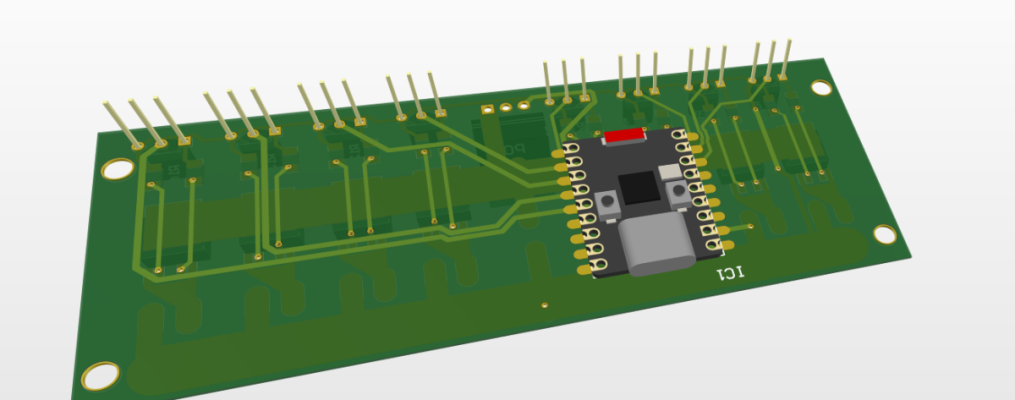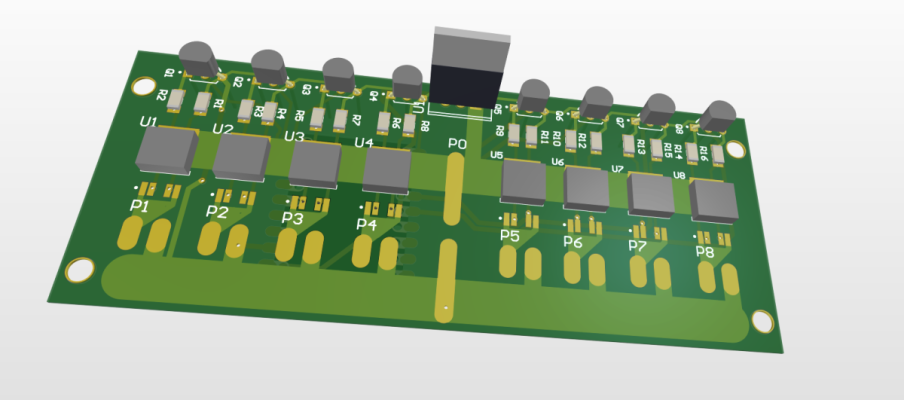I don't think that somebody have male to male jacks 2.1(2.5 no matter)x5.5mm cables around. It's not common to use...
If I had to make some custom cables- I will definitely chose something better.
I hade enough trouble with oxidized standard jacks already
Around, no. A couple bucks on Amazon? Yes. They even come nicely overmolded
























